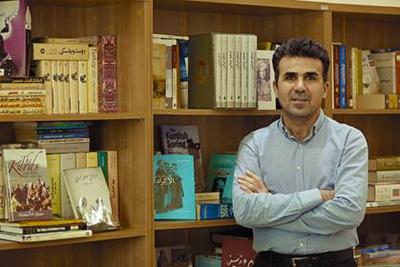Date:
Location:
The Department of Near Eastern Languages & Civilizations and the Center for Middle Eastern Studies present
Bayar Mustafa
Assistant Professor of Politics at the College of International Studies at the American University of Kurdistan, Duhok
Abstract: In recent years, the changing political dynamics in the Middle East has resulted in a substantial empowerment of Kurdish political actors and Kurdistani society as a whole. The Kurds and Kurdistan are no longer seen as a source of instability and disturbance in the region, but as a chance for democratic aspirations and a model in the fight for human dignity, liberty and the right to self-determination. For the first time in modern history, the Kurds find themselves in the position of a constitutive power, able to partake at once in the determination of their own future and in the reconfiguration of the Middle East. Beyond the hostile reactions of their neighbors, however, the ongoing conflict among the Kurdish political parties is one of the major challenges posed to a healthy development of Kurdistan’s regional politics.
Bayar Mustafa is Assistant Professor of Politics at the College of International Studies at the American University of Kurdistan, Duhok. He obtained his PhD from the University of Mosul, on “The Kurdish Question in American Policy toward Turkey: 1991-1999”. In 2015, he completed his postdoctoral research, “From a Dream to a Possibility: The Opportunities of Independent Kurdistan after the Arab Spring,” at Istanbul Bilgi University. He is the author of four monographs, as well as numerous articles on American, Turkish, and Kurdish politics. His latest book, Foreign Relations and the Regional Politics of the KRG, Turkey, the US, will be available soon.
Co-sponsors: Department of Near Eastern Languages and Civilizations, Center for Middle Eastern Studies
Contact: Justine Landau, Amr Ahmed
